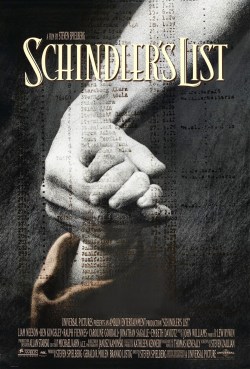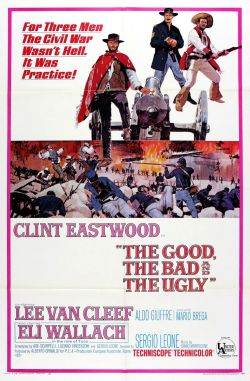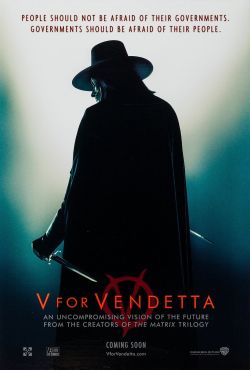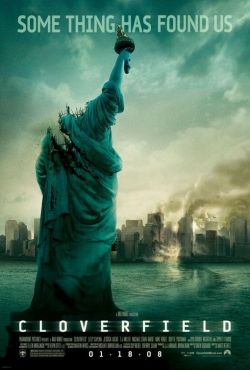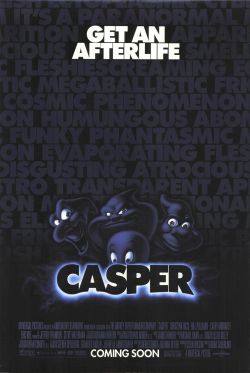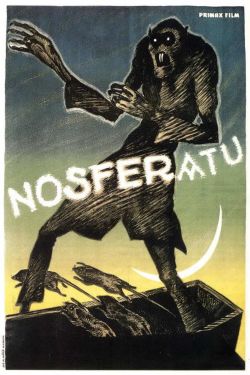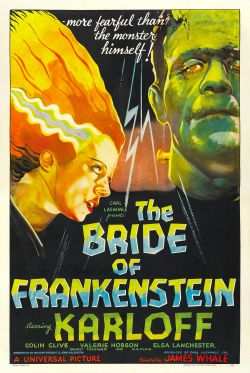
Before watching the movie:
This week is the fifteenth anniversary of Yesterday’s Movies, and it seemed appropriate to do a special piece for that. In the past I’ve revisited the first movie reviewed here and the first movie reviewed going from twice a month to weekly. In this case though, I feel like I’m out of significant early reviews in that vicinity to revisit (though I could go back to the first review that I felt I’d figured out the format.
However, I’ve never liked non-narrative series that make the last installment a retrospective or otherwise more of a special thing about the project as a whole than another installment that can mostly stand on its own, leaving the penultimate entry as the actual last one. So even though retrospective is an easy way to fill space, I wanted to resist that urge and end Yesterday’s Movies with a normal review. But what to pick, if not a Rewind?
I’ve always felt a bit strange about the blog outlasting its moratorium. This is a fifteen year old project that’s allowed to reach back ten years. So it occurred to me to check out the movies that released around the date that Yesterday’s Movies launched. And I got lucky. The same week, a movie called Nine had its initial limited release. It’s a musical, which is a bonus, and it’s about making movies. It’s about an Italian director trying to work out what his next movie should be. And that’s about all I know about it.
Continue reading
